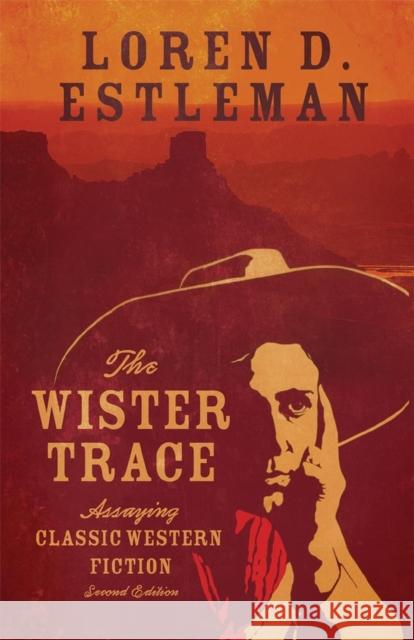The Wister Trace: Assaying Classic Western Fiction » książka
The Wister Trace: Assaying Classic Western Fiction
ISBN-13: 9780806144818 / Angielski / Miękka / 2014 / 210 str.
A master practitioner's view of his craft, this classic survey of the fiction of the American West is part literary history, part criticism, and entertaining throughout. The first edition of The Wister Trace was published in 1987, when Larry McMurtry had just reinvented himself as a writer of Westerns and Cormac McCarthy's career had not yet taken off. Loren D. Estleman's long-overdue update connects these new masters with older writers, assesses the genre's past, present, and future, and takes account of the renaissance of western movies, as well.
Estleman's title indicates the importance he assigns Owen Wister's 1902 classic, The Virginian. Wister was not the first writer of Westerns, but he defined the genre, contrasting chivalry with the lawlessness of the border and introducing such lines as "When you call me that, smile " Estleman tips his hat to Wister's predecessors, among them Ned Buntline, the inventor of the dime novel, and Buffalo Bill. His assessments of Wister's successors--Zane Grey, Walter Van Tilburg Clark, and Louis L'Amour, to name but three--soon make clear the impossibility of differentiating great western writing from great American writing.
Especially important in this new edition is the attention to women writers. The author devotes a chapter each to Dorothy Johnson--author of "The Man Who Shot Liberty Valance"--and Annie Proulx, whose Wyoming stories include "Brokeback Mountain." In his discussion of movies, Estleman includes a list of film adaptations that will guide readers to movies, and moviegoers to books. An appendix draws readers' attention to authors not covered elsewhere in the volume--some of them old masters like Bret Harte and Jack London, but many of them fascinating outliers ranging from Clifford Irving to Joe R. Lansdale.











